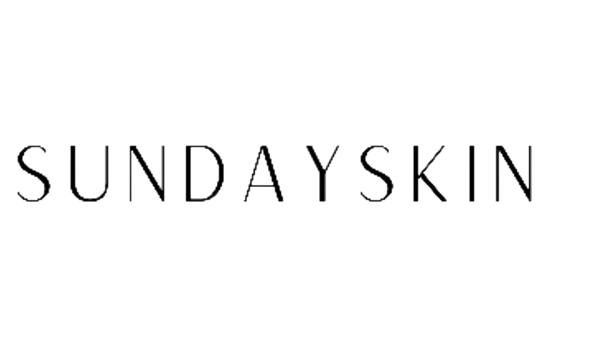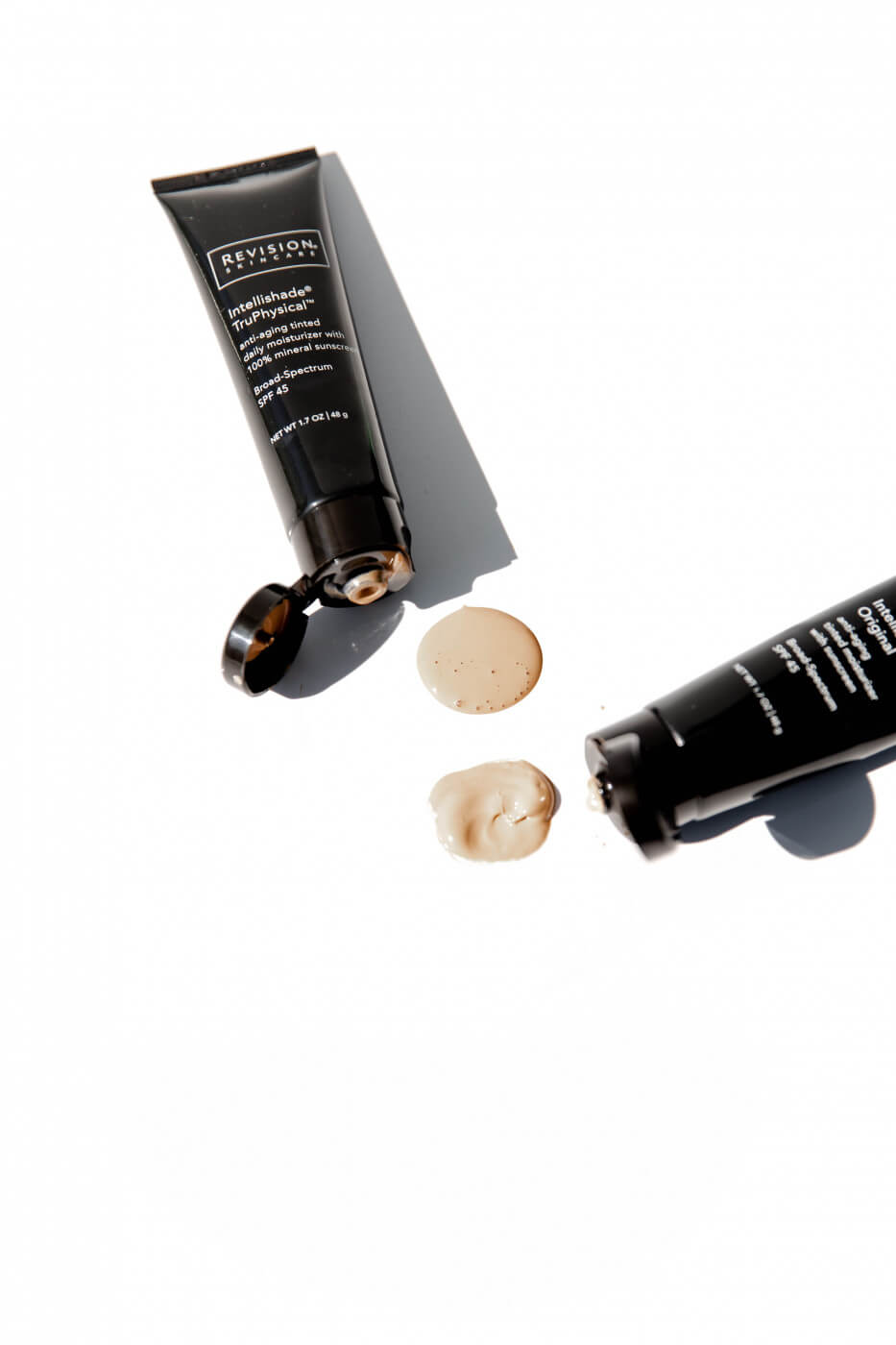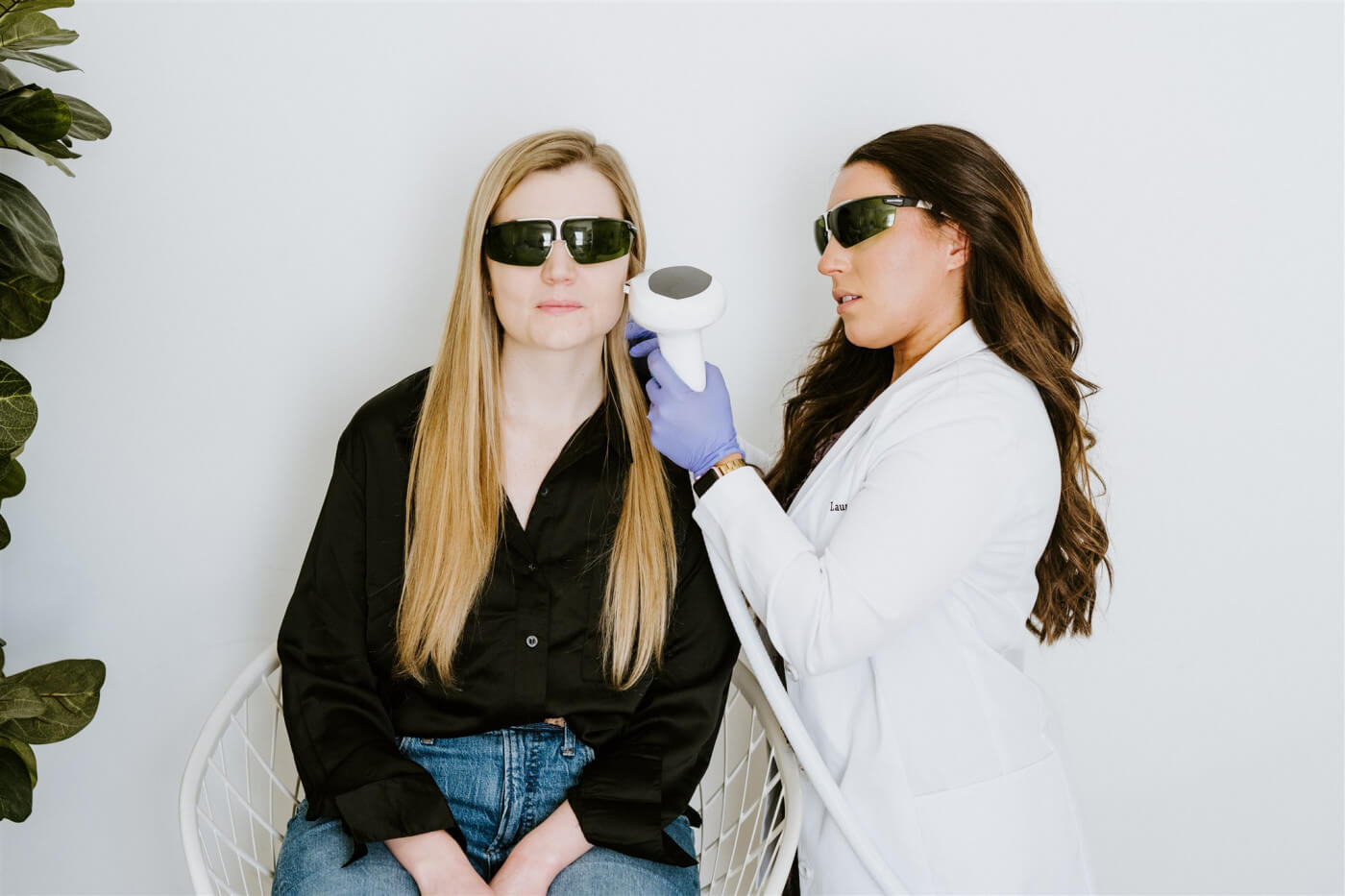You visited Sunday Skin this week, and your Skincare Professional told you that a daily sunscreen is crucial to maintain the results of your treatment. You didn’t purchase any that she recommended there because you swore that you already had some at home. Now you’re at Target because once you got home and realized you hadn’t purchased sunscreen since 2016 (yes, it expires), you panicked. Now you’re on the sunscreen aisle panicking further because there are 1000 options. Fear not, we got you.
We will highlight all the things that you need to look for when choosing a sunscreen and educate you on why those things are important. Here’s what you need to be looking for when picking out a sunscreen:
- SPF number. This is one thing that most people already look for because it’s what is most often talked about. For daily wear, you should choose a sunscreen with an SPF of 30 or higher. An SPF of 30 will block 97% of UV rays from the sun. Additional SPFs offer only a slightly higher level of protection, but do not increase the duration of its effectiveness.
- Broad Spectrum. You’ve heard this term before but have no idea what the heck it means. If a sunscreen is labeled as broad spectrum, it protects your skin against UVA and UVB rays. Why is this important? Well, we want to protect against not only burning rays (UVB) but also aging rays (UVA.) Yep, we told you it was important.
- Ingredients. There are several ingredients in sunscreens that you want to be cautious of. While these ingredients have been deemed as safe by the FDA, we know from further research that this is up for debate. Furthermore, these ingredients have been banned in other countries which have stricter guidelines for skincare than the US. The two most toxic ingredients to be cautious of include:
- Oxybenzone – this ingredient is a hormone disruptor that is in 80% of chemical sunscreens in the US.
- Octinoxate – this ingredient is an endocrine disruptor and can disrupt thyroid function and mimic estrogen.
Safe ingredient options include:
Zinc oxide, titanium dioxide, Avobenzone, Homosalate, Octisalate, and Octocrylene, to name the most common to look for.
Mineral or Chemical?
It’s important to know the difference between the two types of sunscreen options, so that you can make an educated choice on what prefer to use.
Mineral Sunscreen
- Zinc oxide, titanium dioxide
- Reef safe
- Works immediately after application
- Sits on top of the skin and reflects UV rays
- May leave a white cast on the skin
We love the Revision
Revision Intellishade Truphysical SPF 45

$86.00
Award-winning, first-of-its-kind, all-inclusive moisturizer designed to deliver the power of 5 anti-aging products in 1. With over 20 anti-aging ingredients and true 100% mineral sunscreen that is free of hidden chemical sunscreens, this 5-in-1 anti-aging moisturizer helps to correct, protect,… read more
Chemical Sunscreen
- Takes 30 min to become affective after application
- Absorbed by the skin and turns UV rays into non-damaging heat
- Not reef safe
- Most common ingredients can be toxic, so it may be more difficult to find one that is safe
Mineral sunscreen options are generally the safest option to purchase at the drugstore when you do not have a healthcare professional to assist you. They are also usually the least likely to cause skin irritation since they are not absorbed into the skin. Both options need to be applied every 2 hours during sun exposure to remain affective.
Revision Intellishade Original SPF 45

$86.00
A 5-in-1 daily anti-aging tinted moisturizer with broad-spectrum SPF 45 that is formulated to correct, protect, conceal, brighten and hydrate skin. Prevents visible signs of aging and enhances skin’s natural moisture barrier, improves the appearance of fine lines and wrinkles… read more
Now you have the basics. It is important to check the expiration date when purchasing, as expired sunscreen can cause irritation and loses its effectiveness. Still overwhelmed? Schedule a free skincare consultation and let our providers help you find products that are right for your skin! Hopefully, with the information you have now, the sunscreen aisle will be a lot less intimidating for you to tackle. Sunscreen application daily will help you achieve your Sunday Best skin.






